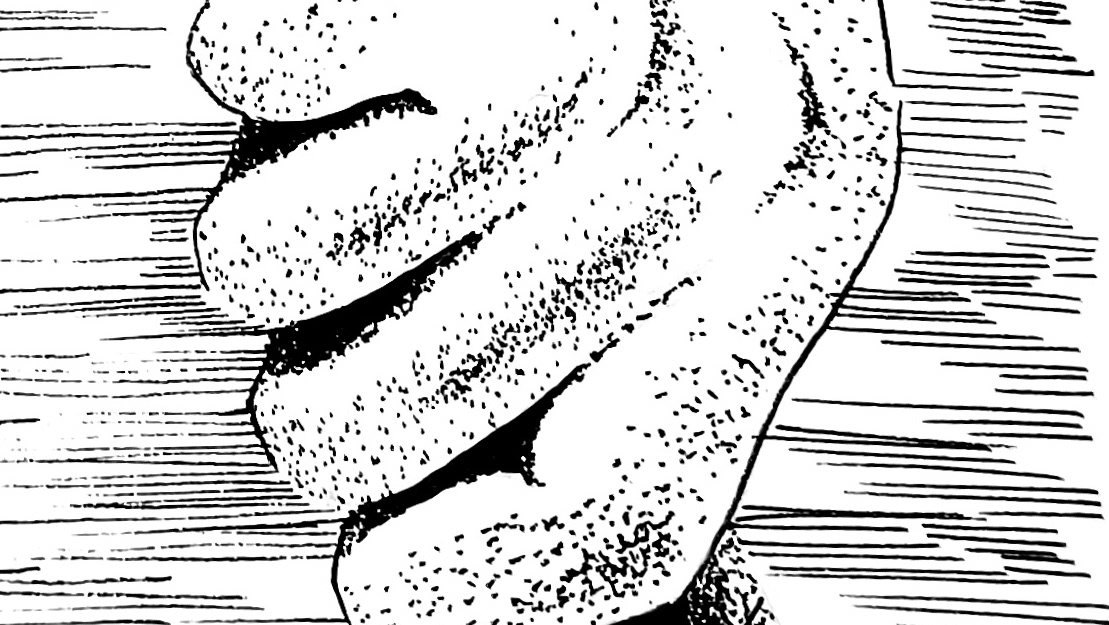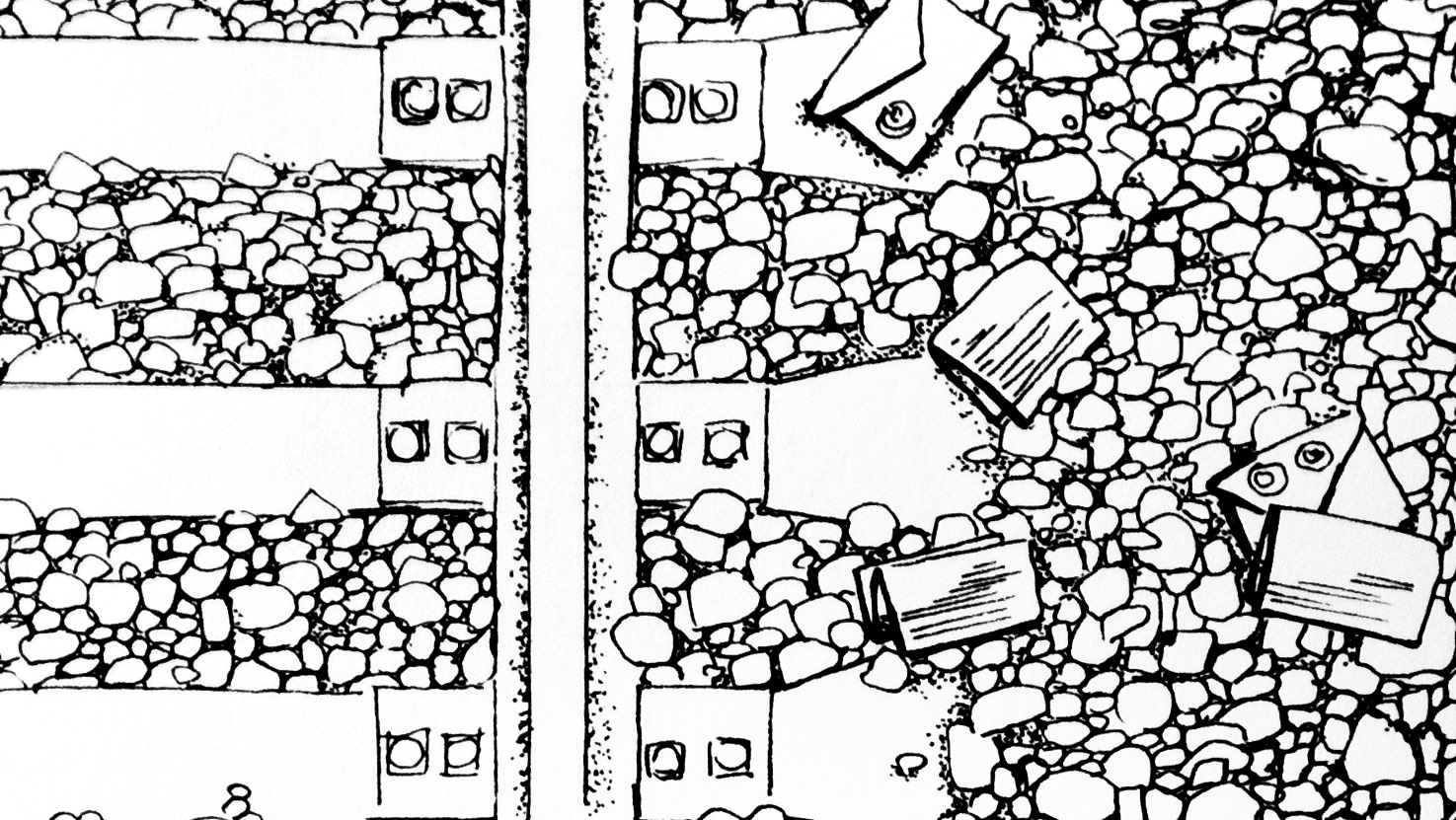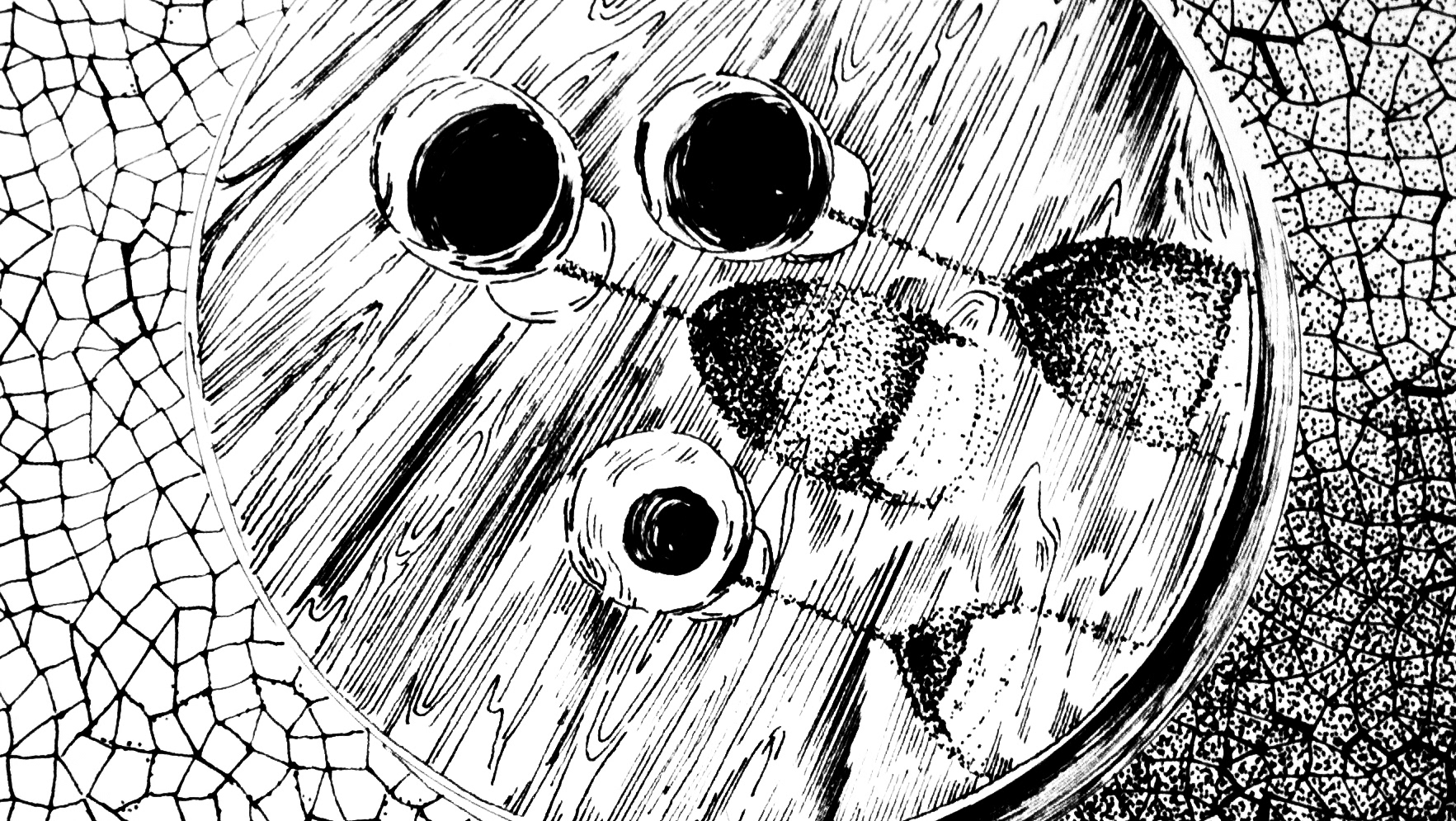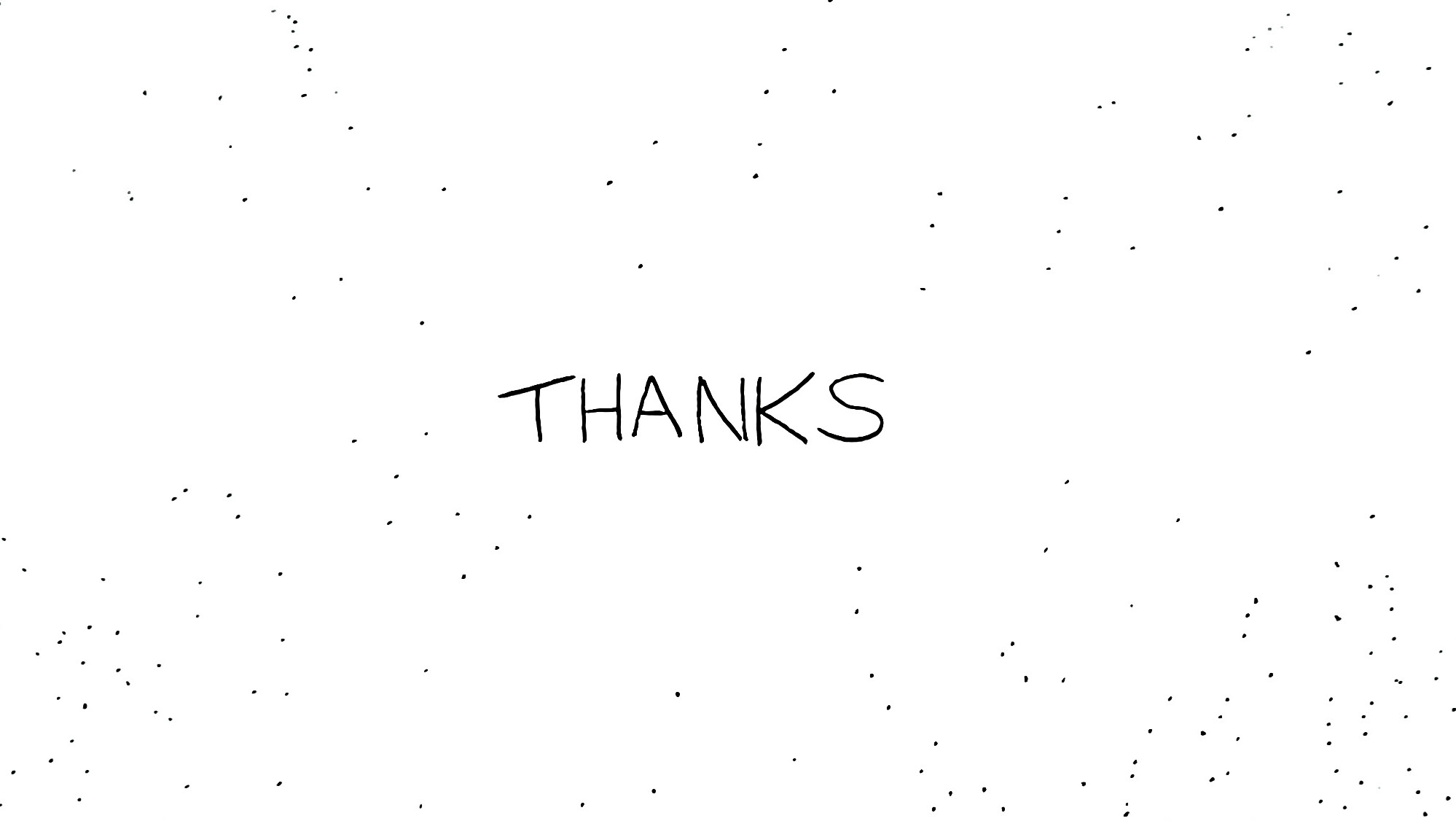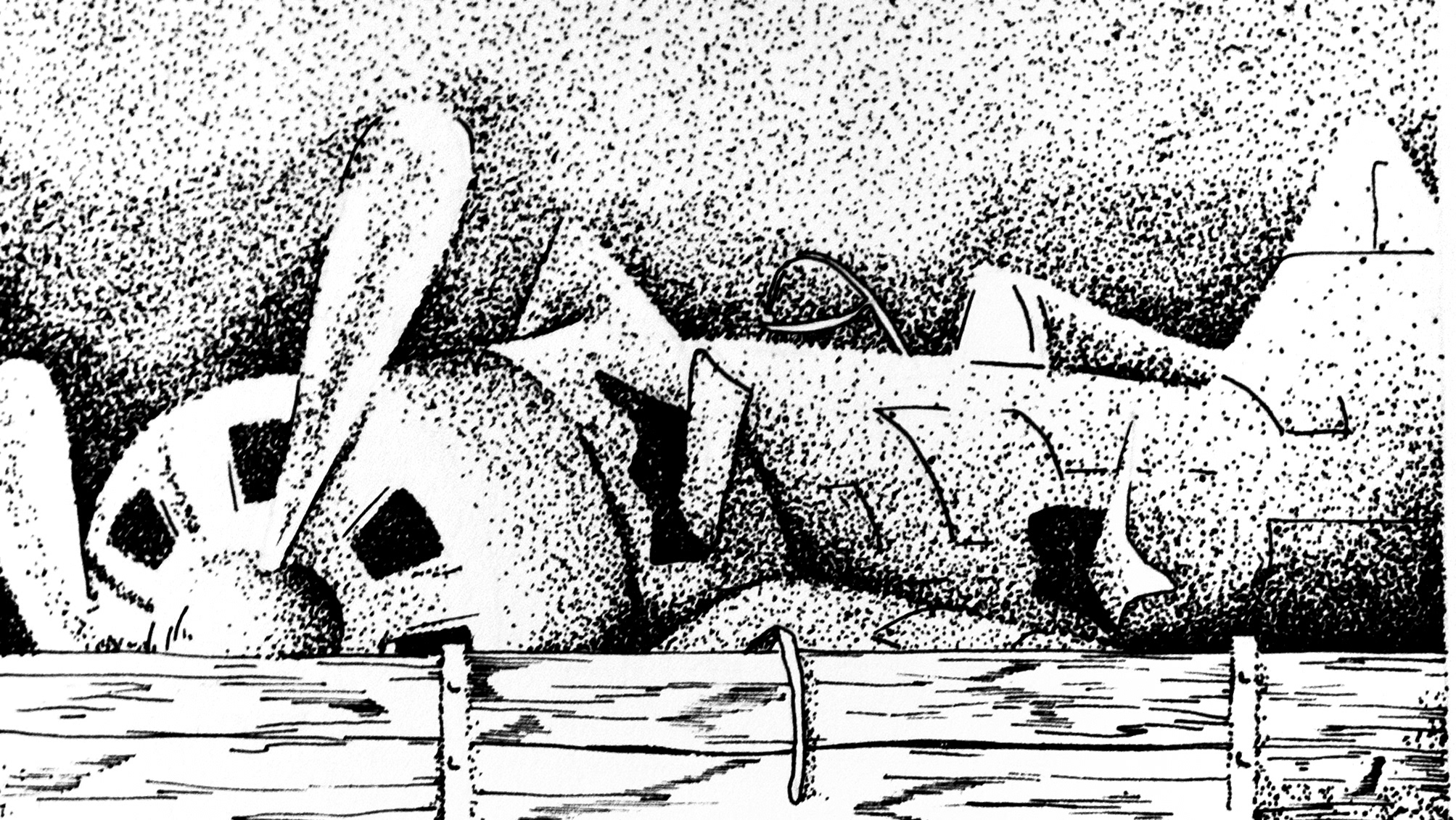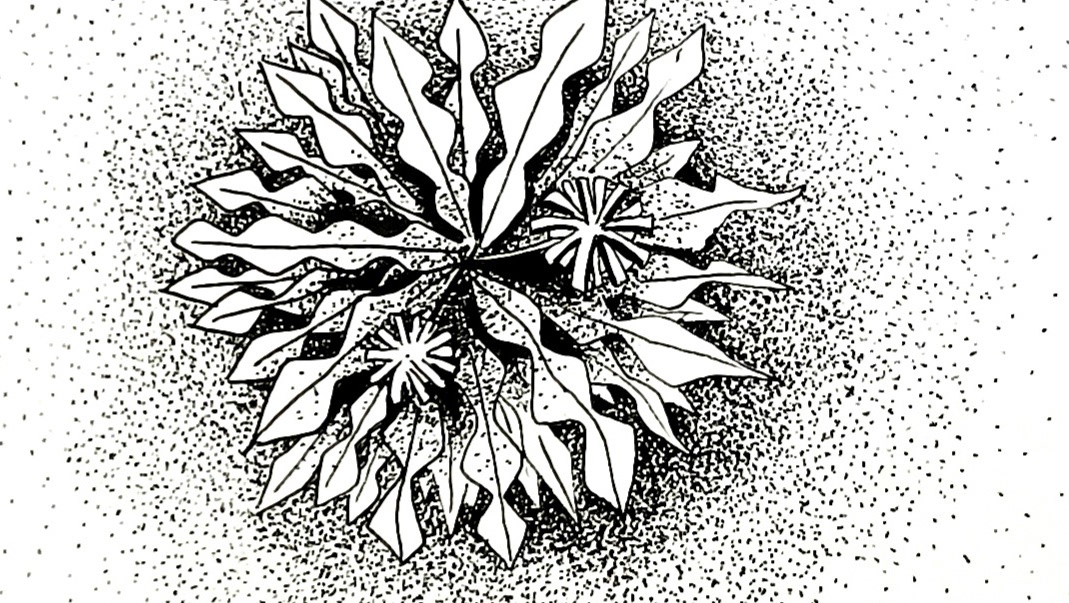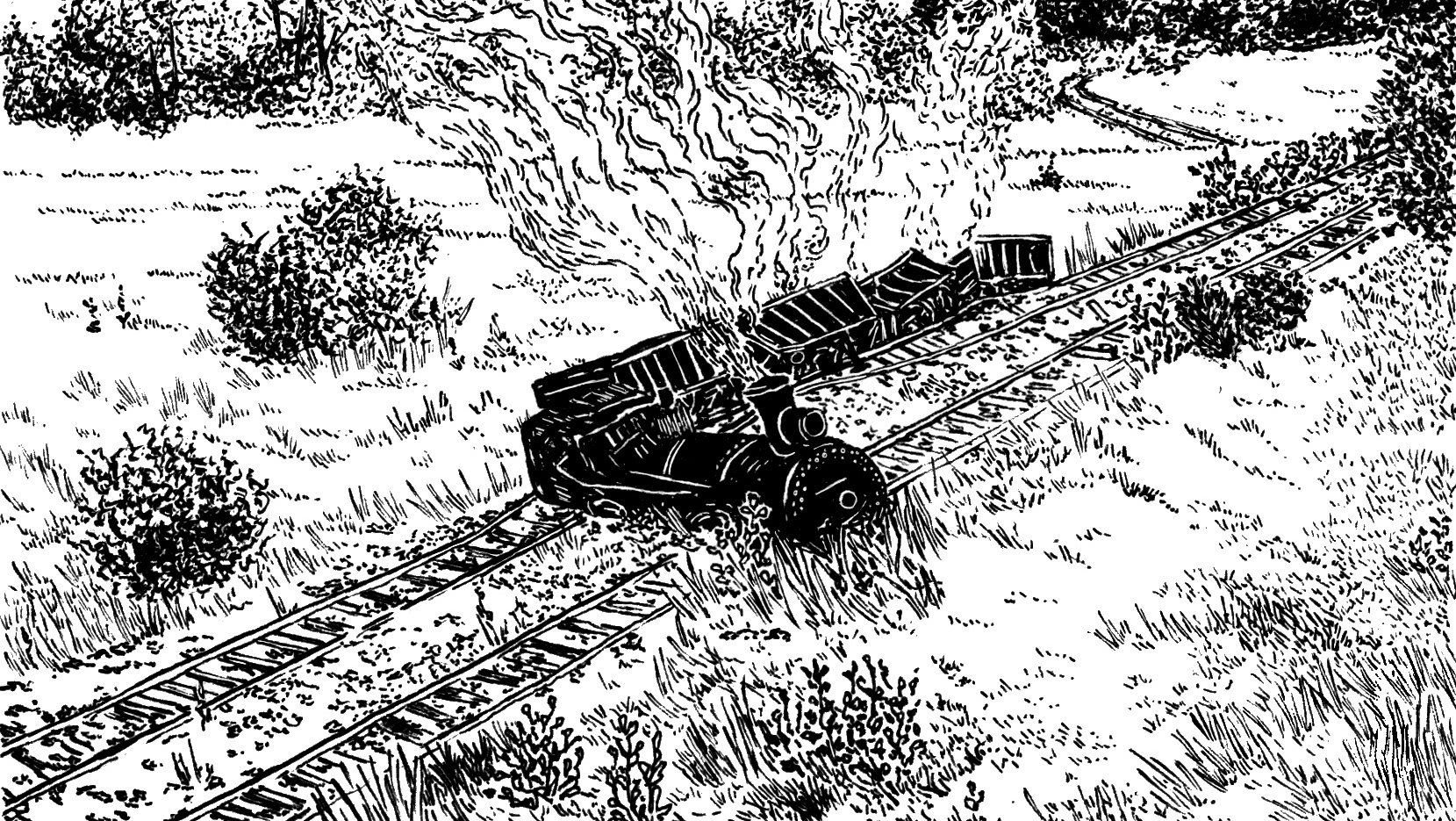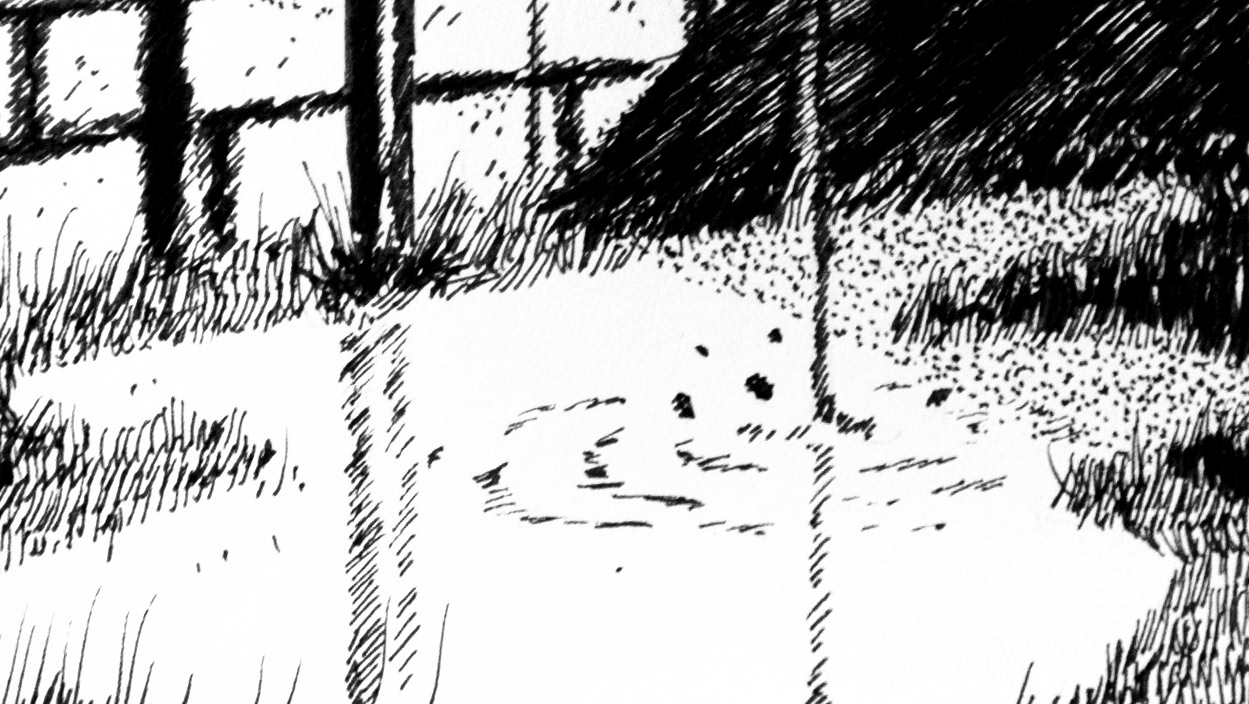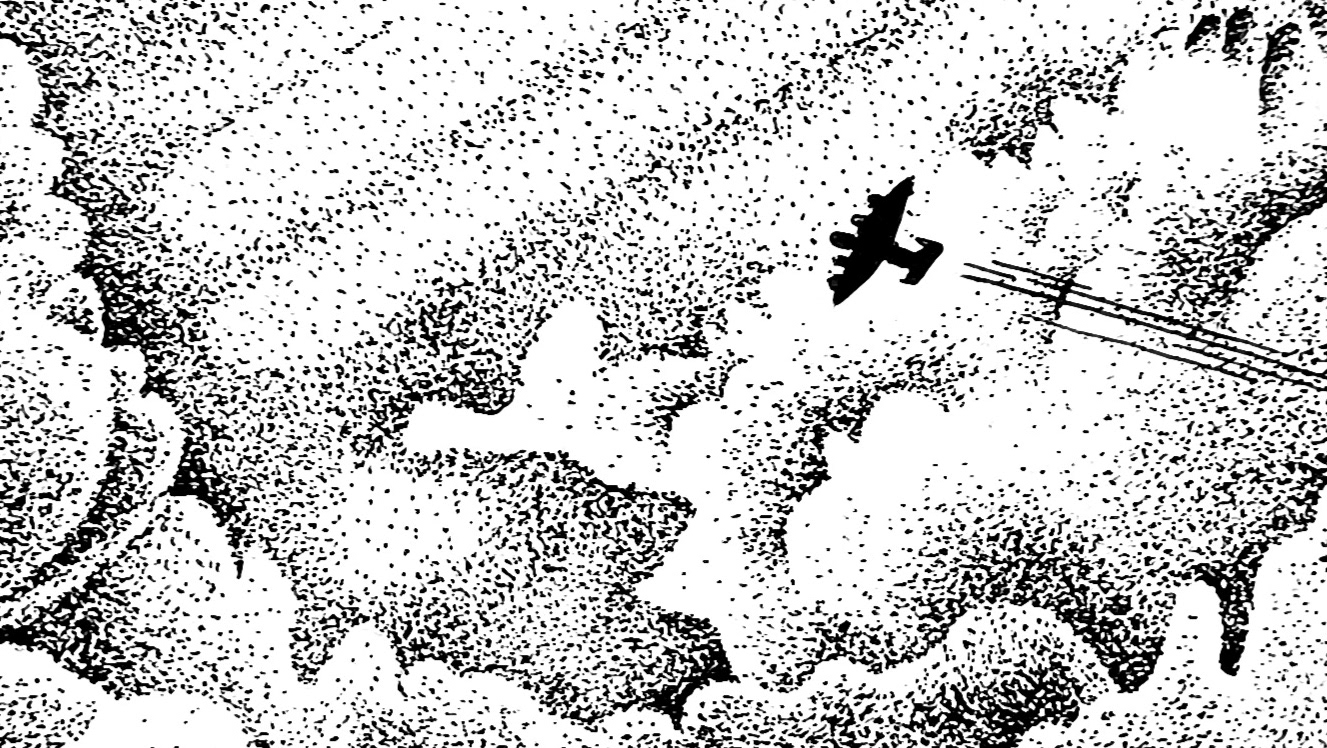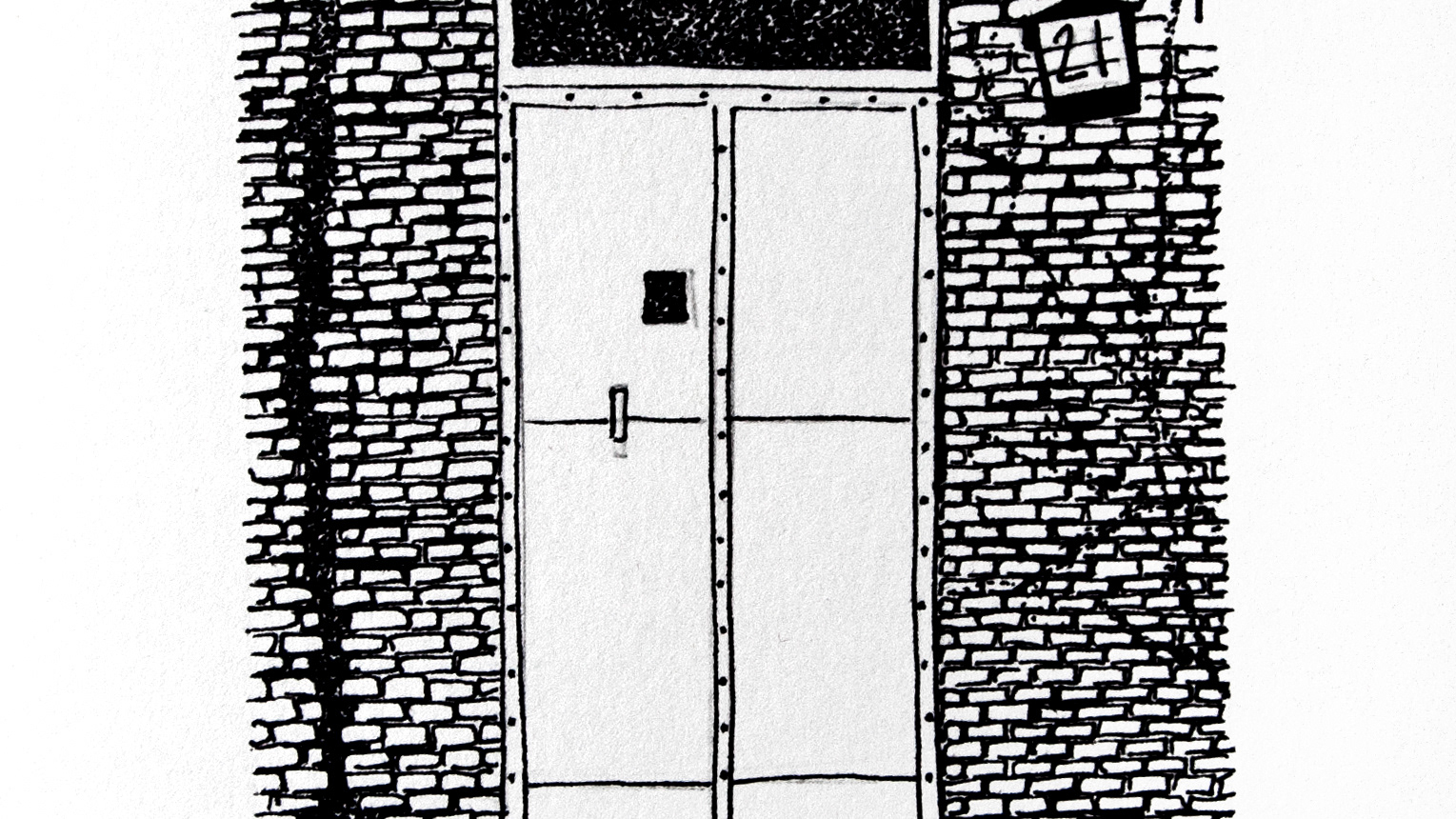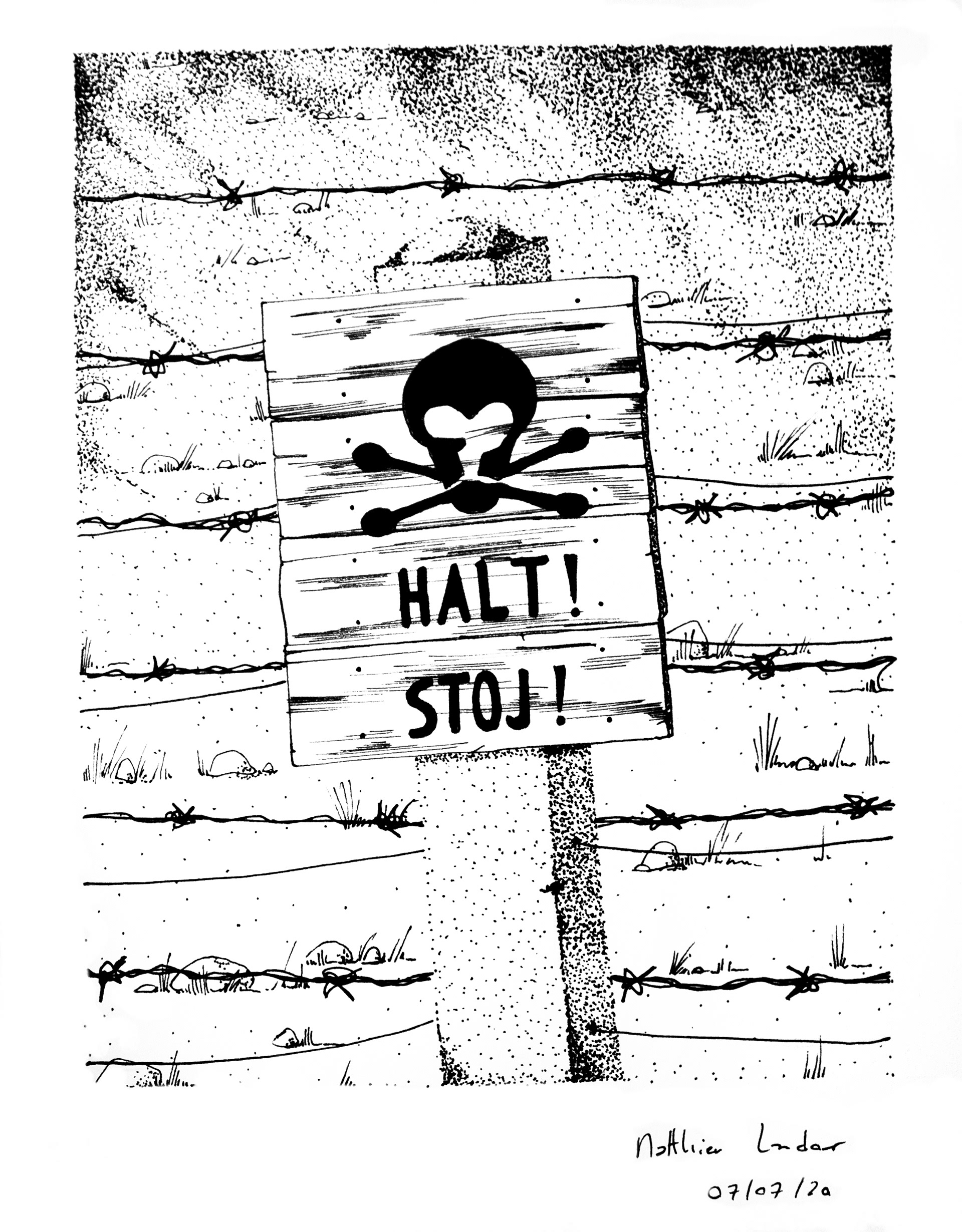
halt!
Georges made a promise, so he'll have to keep it.
A few days after their arrival, the 45000 were scattered between Auschwitz and Birkenau. The SS asked each and every 45000 which job they used to do, which skill they specialised in, and they sent the 45000 to different work kommandos, according to those skills. If the 45000 had skills that were of no use for the SS, then they would stay in Birkenau. They would work in force jobs, difficult jobs which only required muscles, exhausting jobs.
There are no boats in Auschwitz-Birkenau, no river around, no canal, no ocean. Georges Thorez is a boatman, and there is no use for a boatman here. So Georges stayed in Birkenau, like 600 other 45000.
They were sent to a block for sleeping, a block of mostly polish people. It was brutal, crowded, only 2 levels, a ground level and a wooden level, very close to the ceiling. There was space for 2 or 3 people in each bunk space, 8 had to fit. No shower, no water. Going to the toilets outside meant risking to wake up the kapo of the block, it could result to violence, it generally did. It was brutal, crowded, too crowded.
It has been more than a month, or less, Georges isn't sure. The routine makes you lose track of dates quickly. He wakes up and goes to bed so tired His neighbours speak polish, he only speaks french, Georges is very isolated. There are a dozen of 45000 in his block, but he doesn't know them very well, everyone is already too tired for a friendly chat anyway.
Georges keeps his focus, he has to hold, no matter how many more days he stays in this camp. He promised he'd be back soon. If the 45000 are truly hostages as mentioned, it also means they'll eventually be released and be back in France.
Back in 1941, Georges was still a boatman, with his wife and 4 children, close to the new french border, living on the barge, the Saint Gobain 2. At the time, France was oddly divided in half. The marshall Petain controlled both halfs yet North and west coast were occupied by the german army while the south and east weren't. But passing the frontier between occupied France and Germany wasn't any easier, the army was still vigilant, one needed to be smart.
Georges was smart, and he wasn't very fond of the german army nor of Petain, so he helped people cross the border, prisoners of war mostly. And he built a hidden room inside his barge so they would be entirely unnoticed.
On the 24th and 25th of December 1941, Georges and his family celebrated Christmas, with 5 guests. They had a lovely dinner, George's children were pleased of the company. A couple of days later, they reached the border. The police made thorough checks a few times, looked every corner of the coal shipment, they didn't find the prisoners, hidden behind a fake wall behind the kitchen.
On the 27th, Georges had a drink at a bar. Maybe he told something to someone, maybe he talked too loud, maybe he was being followed for a long time. But the next day, 2 french policemen close to Georges came to warn him he may be arrested soon. They expected him to flee, georges was convinced he would not be arrested, after all the prisoners were gone. Other policemen came to his barge and took him to question him. Georges looked at his wife and 4 children, he told them he would be back soon. He made a promise he would.
Almost a year later, Georges had been tortured, his face beaten, his fingers twisted, he didn't say a word. He became a hostage, and was deported to Auschwitz-Birkenau. The authorities needed no evidence to do this, neither did they need any evidence to take Georges’s barge, inspect it, explode it with dynamite, leaving Georges’s partner and his 4 daughters without any income.
Georges is tall, he's strong, but he's alone, he's hungry, thirsty. He wakes up too early, he barely eats, drinks and sleeps enough to recover from the day before. This place has no border, no demarcation line between a german occupied France, no free zone. There is nowhere safe here.
Georges made a promise but he's afraid he won't be able to keep that one.
Notes
Thank you very much for listening to this episode of 3100045000, the story of 2 trains of french members of the resistance. My name is Matthieu Landour Engel and from this point on, I would like to make a warning, as some details of this podcast are violent and graphic, even on a radio format.
This episode focuses on Georges Thorez, a boatman.
I wanted to give you a few more information about the line of demarcation in France. When Germany and France negotiated a armistice on the 22nd of june 1940, France was divided in 2 parts. the North and West coast was occupied by the german army, the south part wasn’t, and both part were ruled by the french administration under the Vichy regime. The border between those 2 parts was the line of demarcation, and you needed specific papers to cross the line. Needless to say that many wanted to cross that line and getting those papers were difficult.
The idea of those 2 zones was that, as long as Germany was still at war with the United Kingdom, the german army would position armed forces on the coast, and once that war would be over, the german army would move most of its soldiers and the 2 zones would be reunited. So the 2 zones were supposed to be a temporary solution, and it was, yet not as the french government thought it would be. The war between Germany and the United Kingdom kept on going, so the forces stayed, eventually the United States joined the conflict, which justified the german troops even more. In november 1942, as the Allies landed in North Africa, the german army invaded the free zone and took control of that entire zone as well. Even Italy at one point occupied an area and made it part of the italian occupation zone. i will explain this further in another episode.
Before this happened, at the time of the 45000, the demarcation line was an important matter. The laws were technically pretty much the same in the 2 zones, yet the german army put a lot of pressure on the french government by closing or reopening the border whenever suited to them. Also, the german army was present daily in the occupied zone, which put a lot more pressure on the citizens living in the occupied zone. The jewish population, more precisely, felt more and more unsafe living in the occupied zone and many attempted to cross the border, believing that the free zone would be safer. That wasn't technically untrue, but it was once the german army decided to also occupy the free zone at the end of 1942. It is also worth noting that the persecutions grew stronger and stronger, there were fines specifically for the jewish people in the occupied zone, the first jewish deportations started in the occupied zone, that was all reason enough for the jewish population to leave to the free zone.
Crossing the line was a difficult matter, as it was protected by the authorities. If you didn’t have papers, you’d have to use networks, i will go through some of them in the next episodes.
Now Georges Thorez was a boatman in the North german occupied zone, in a sub zone near the german border named the annexed zone by Germany. Simply put, Germany claimed that part of France and made it part of Germany (or reclaimed as it used to be part of Germany decades earlier).
Georges Thorez was part of a very small network, where he hid prisoners behind a fake wall in his own barge and helped those prisoners come back to France.
I made the assumption that Georges Thorez wished to keep a promise he made to his children, although it is apparently stated by the children that he said he would come back.
I was very fortunate to be able to discuss with a member of Georges Thorez family, Pascal Peinoit, who gently told me about his grandfather and the destiny of Georges’ children. Georges’ partner, Madam Vleminks, suddenly had to take care of her 4 children on her own, without any income, without a home, as the barge where they lived was taken by the german authorities and destroyed. The 4 children were separated and put in care, the arrest of Mr Thorez by the french and german authorities truly imploded Mr Thorez’ family. Researches regarding Mr Thorez were very difficult, most documents were either incomplete or destroyed, it took more than 50 years and the tireless work of Mr Peinoit’s family and Claudine Cardon Hamet to find the relevant documentation indicating that Mr Thorez indeed died in Auschwitz. According to another 45000, Clement Coudert, he may have passed away due to violent treatment.
My sources for this story are the book red triangles in Auschwitz, by Claudine Cardon Hamet, the website memoire vive and the foundation for the memory of deportation website and the fantastic website auschwitz.org . I also put other links below.
This is it for today, thank you very much for your attention.
